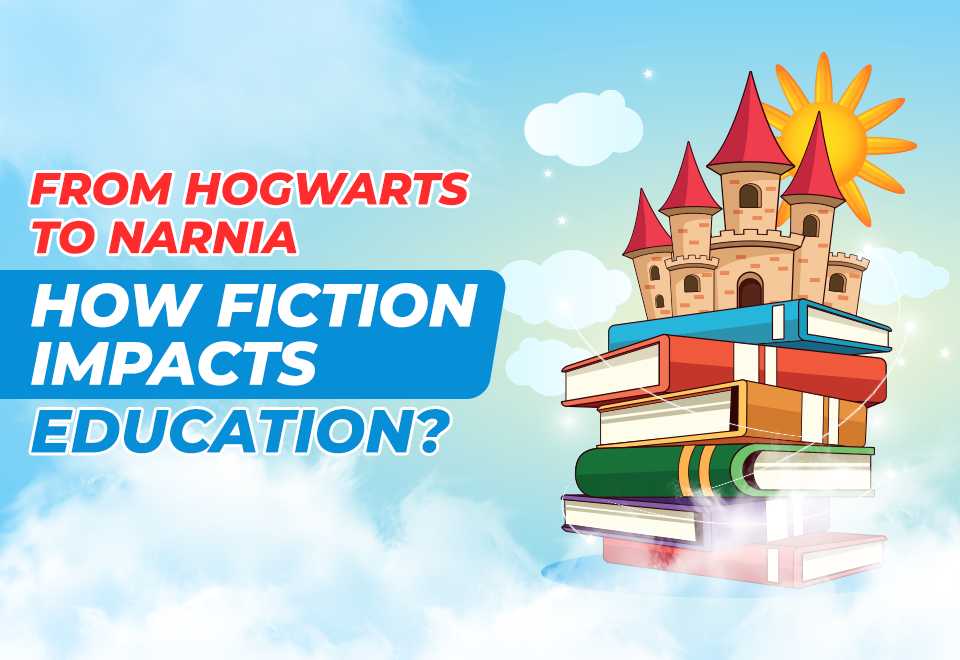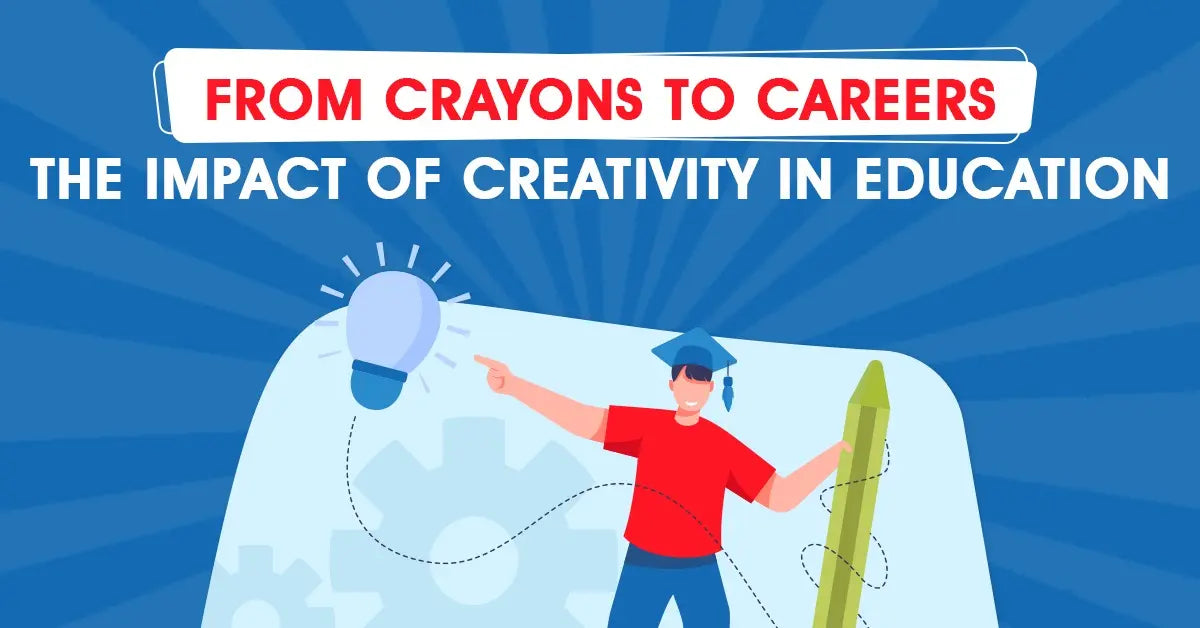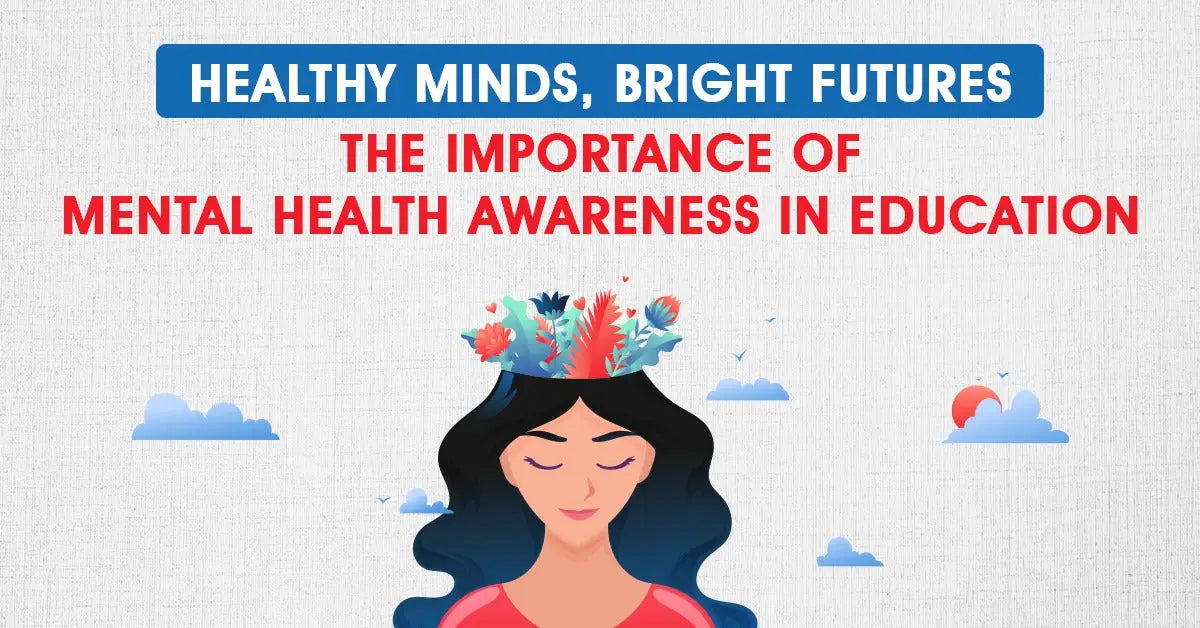What is NEP 2020?
Don't worry.
A transformative vision requires time and patience.
It is understandable if you don't know what National Education Policy 2020 is.
So, whether you are a student, a teacher or a parent let's look at what NEP 2020 is and how it concerns you.
Overview:
NEP 2020 was approved by the Union Cabinet of India on 29 July 2020. The NEP 2020 is the first education policy of the 21st century which replaces the 34-year-old National Policy on Education (NPE), 1986.
The purpose of the education system is to develop good human beings capable of rational thought, compassion, courage, scientific temper and creative imagination, with sound ethical moorings and values built on the rudimentary pillars of Access, Equity, Quality, Affordability and Accountability.
Enough with fancy words!
What’s in there for you?
Let’s first understand the vision that this policy talks about.
Vision
To instill among the learners a deep sense of respect towards the Fundamental Duties and Constitutional values, not only in thought, but in spirit, intellect, and deeds, as well as to develop knowledge, skills, values, that support responsible commitment to human rights, sustainable development and living, and global well-being, thereby reflecting a truly global citizen.
It's too much, right!
Whether this policy may help or not depends on its principles.
Fundamental Principles
1. Recognizing, Identifying, and Fostering the unique capabilities of each student by sensitizing teachers as well as parents to promote each student’s holistic development in both academic and non-academic spheres.
2. Achieving Foundational Literacy and Numeracy by all students so that they have the ability to choose their learning trajectories and thereby choose their own paths in life.
3. Emphasis on conceptual understanding rather than rote learning and learning-for-exams.
4. Ethics and human & Constitutional values like respect for others, cleanliness, democratic spirit, equality, and justice;
5. Promoting Multilingualism - Extensive use of technology in teaching and learning, increasing access for Divyang students, Making teachers and faculty the heart of the learning process.
But I know what you are thinking by now!
That these are great ideas but how can they be achieved. For that we need to look at the transformative changes it proposes in school and higher education.
Salient features of the NEP 2020
School Education
Ensuring Universal Access of school education at all levels- pre school to secondary. Infrastructure support, tracking of students and their learning levels, open learning for classes 3, 5 and 8 through NIOS and State Open Schools. About 2 crore out of school children will be brought back into mainstream under NEP 2020.
Early Childhood Care & Education with new Pedagogical Structure The 10+2 structure is to be replaced by a 5+3+3+4 curricular structure corresponding to ages 3-8, 8-11, 11-14, and 14-18 years respectively. This will bring the uncovered age group of 3-6 years under school curriculum, which has been recognized globally as the crucial stage for development of mental faculties of a child. The new system will have 12 years of schooling with three years of Anganwadi/ pre-schooling.
Attaining Foundational Literacy and Numeracy To translate this vision of NEP-2020, under the ‘Atmanirbhar Bharat’ programme, a National Initiative for Proficiency (NIP) in reading with Understanding and Numeracy (NIPUN—Bharat) will be soon launched. This mission will fulfill the learning needs of nearly five crore children in the age group of 3 to 11 years by 2025.
Reforms in school curricula and pedagogy to encourage 21st century skills, reduction in curricular content to enhance essential learning and experiential learning. Students will have increased flexibility in choice of subjects. No rigid separations between arts and sciences. Vocational education will start in schools from the 6th grade, and will include internships.
Multilingualism with emphasis on mother tongue/regional language as the medium of instruction at least till Grade 5. No language will be imposed on any student. Foreign languages will also be offered at the secondary level. Indian Sign Language (ISL) will be standardized across the country.
Assessment Reforms shifts focus from summative assessment to regular and formative assessment, which is competency-based, and tests higher-order skills, such as analysis, critical thinking, and conceptual clarity. All students will take school examinations in Grades 3, 5, and 8. Board exams for Grades 10 and 12 will be continued. A new National Assessment Centre, PARAKH (Performance Assessment, Review, and Analysis of Knowledge for Holistic Development), will be set up.
Equitable and Inclusive Education aims to ensure that no child loses any opportunity to learn because of the circumstances of birth or background. Special emphasis will be given on Socially and Economically Disadvantaged Groups(SEDGs). This includes setting up of Gender Inclusion Fund and also Special Education Zones for disadvantaged regions and groups.
Robust Teacher Recruitment through transparent processes. Promotions will be merit-based, with a mechanism for periodic performance appraisals and available career paths to become educational administrators.
Higher Education
Increase GER to 50 % by 2035 the Gross Enrolment Ratio in higher education including vocational education from 26.3% (2018). 3.5 Crore new seats will be added to Higher education institutions.
Holistic Multidisciplinary Education with flexible curricula, creative combinations of subjects, integration of vocational education. Undergraduate education of 3-4 years with multiple entry and exit points with appropriate certification. Eg, Certificate after 1 year, Advanced Diploma after 2 years, Bachelor’s Degree after 3 years and Bachelor’s with Research after 4 years.
An Academic Bank of Credit is to digitally store academic credits earned from different Higher Education Institutes that can be counted towards final degree earned.
Regulatory Authority Higher Education Commission of India(HECI) will be made an umbrella body for the entire higher education, excluding medical and legal education. With independent verticals - National Higher Education Regulatory Council (NHERC) for regulation, General Education Council (GEC) for standard setting, Higher Education Grants Council (HEGC) for funding, and National Accreditation Council( NAC) for accreditation.
Teacher Education A new and comprehensive National Curriculum Framework for Teacher Education, NCFTE 2021, will be formulated by the NCTE. By 2030, the minimum degree qualification for teaching will be a 4-year integrated B.Ed. degree.
Financial support for students to incentivize the merit of students belonging to SC, ST, OBC, and other SEDGs. The National Scholarship Portal will be expanded to support, foster, and track the progress of students receiving scholarships.
Open and Distance Learning will be expanded to play a significant role to ensure it is at par with the highest quality in-class programmes.
Promotion, preservation, growth, and vibrancy of all Indian languages, NEP recommends setting up an Indian Institute of Translation and Interpretation (IITI).
Internationalization of education will be facilitated through both institutional collaborations, and student and faculty mobility and allowing entry of top world ranked Universities to open campuses in our country.
Making it Happen.
Achieving successful implementation of this policy demands a long-term vision, coordinated efforts at National, State, institutional, and individual levels.
The Policy commits to significantly raising educational investment, as there is no better investment towards a society’s future than the high-quality education of our young people. The Centre and the States will work together to increase the public investment in the Education sector to reach 6% of GDP at the earliest.
What we can do to contribute to the vision of a vibrant society and global knowledge superpower, is to adopt the spirit and intent of the NEP 2020 at earliest.
The best way to predict the future is to create it. - Abraham Lincoln














